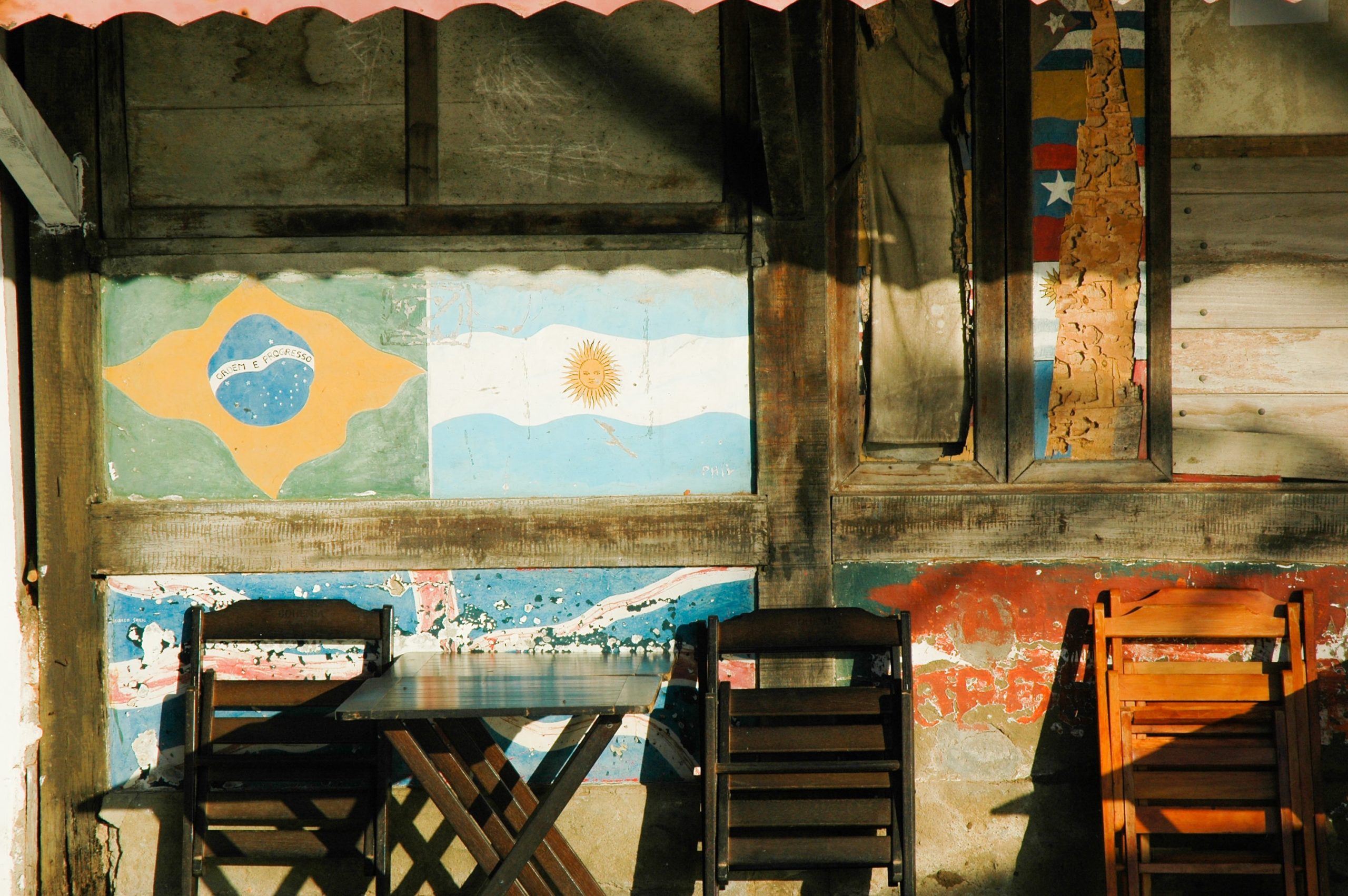Hispanic Heritage Month spans from Sept. 15 to Oct. 15 as a time to recognize and celebrate the achievements and contributions of Hispanic Americans to the United States, as well as to educate others about Hispanic history and culture.
However, some Hispanic Americans forget to educate themselves on the anti-Indigenous and anti-Black roots not only this month but every day.
“I think much of the problems that we face socially in Latin America and in this diaspora of Latinos and Latinx people comes from not acknowledging those issues and those historical facts,” third-year journalism student Sewa Yo’otu Olivares said.
Olivares is Chicanx, an identity used to refer to people of Mexican origin, but primarily identifies as Indigenous and of Yaqui descent. With strong connections to their Indigenous relatives and little to none toward Hispanic Heritage Month, she feels conflicted.
“It’s like the people that are the loudest this month are the ones that seem to have the least issues when it comes to their status within Latin America,” Olivares said. “And that is to say light-skinned, mixed or non-Indigenous [and] non-Black Latinos.”
Olivares explains this can create a subset of Latinos and Latinx people who feel excluded from this month compared to their light-skinned counterparts. Consequently, this is a detriment to the political goals of the Latinx community because a subset of people is left behind.
Olivares believes liberating the most opposed people, such as Black transgender women, will liberate everyone else.
“I feel like that philosophy needs to be applied when it comes to race and gender, and all of these things in Latin America and the organizations that organize around those political roles, ” Olivares said.”
In a piece titled “The X in Latinx Is A Wound, Not A Trend,” Afro-Indigenous poet and artist Alan Pelaez Lopez discusses the four wounds of the “X” in the word Latinx: settlement, anti-Blackness, femicides and inarticulation.
Pelaez writes, “the “X” in Latinx is a wound as opposed to a trend that speaks to a collective history [and] is attempting to speak to the violences of colonization, slavery, against women and femmes, and the fact that many of us experience such an intense displacement and silence that we have no language in which to articulate who we are.”
While reading Pelaez Lopez’s piece, Olivares was reminded not to deny their relationship to colonization, especially as a light-skinned Indigenous person.
As a white Latina born in the United States, I also cannot deny the privilege of my citizenship compared to friends and family members who constantly struggle because they are undocumented. Even though it is uncomfortable to recognize our connections to colonization and our privileges due to our citizenship, it is necessary to have conversations about it.
“People need to get over being ashamed of their heritage,” Olivares said. “It’s not productive to be shameful of…the ways that your [family] lineage fits into the story of Latinidad.”
Instead, light-skinned and mixed Latinos and Latinxs need to use their privilege to uplift those who don’t always have a voice, including dark-skinned Indigenous and Black people not only during Hispanic Heritage Month but every day.
For Olivares, it can start by asking oneself questions such as: Who are the loudest voices in this conversation? Who are we not letting talk? Who have we not invited?
“The answer is not us doing the work,” Olivares said. “It’s giving others the space to do the work that they’ve already been trying to make visible for so long.”
Featured image by Roberto Huczek on Unsplash
